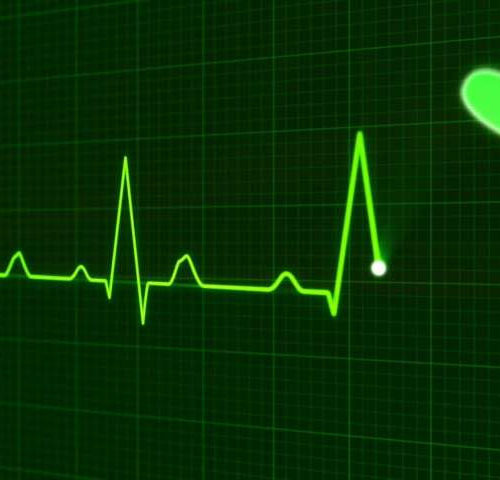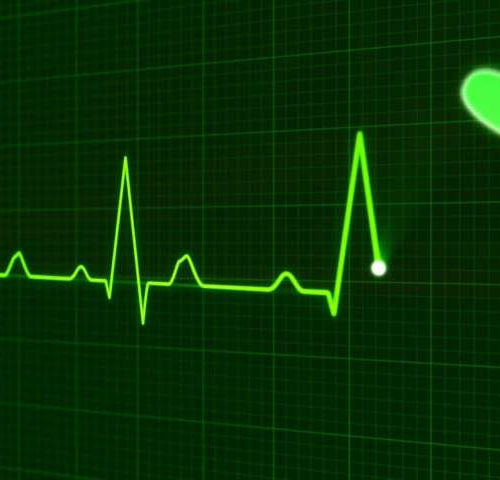Journal of the American Geriatrics Society Research Summary AMERICAN GERIATRICS SOCIETY One in four people aged 65 or older has diabetes. The disease is the seventh leading cause of death in the United States and a major contributor to heart disease. Experts have recommended that the best way to slow the progression of diabetes–and help...
Tag: <span>heart disease</span>
Scientists uncover new genetic mutations linked to autism spectrum disorder
by Sanford Burnham Prebys Medical Discovery Institute Scientists at Sanford Burnham Prebys Medical Discovery Institute and Radboud University Medical Center in the Netherlands have identified mutations in a gene called CNOT1 that affect brain development and impair memory and learning. The study is the first to link neurodevelopmental delays with CNOT1, suggesting that drugs that...
External ultrasound therapy of calcific aortic stenosis — First-in-man
Prospective, single-arm clinical investigation for the safety and feasibility study of Valvosoft Non-Invasive Ultrasound Therapy (NIUT) in patients with severe symptomatic aortic valve stenosis Cardiawave (France) has developed a Non-Invasive Ultrasound Therapy (NIUT) for the treatment of cardio-valvular diseases such as aortic stenosis. This is the primary valve disease in adults and one of the...
Multi-ethnic study suggests vitamin K may offer protective health benefits in older age
Older adults with low vitamin K had higher death risk over 13 years compared to those with adequate vitamin K levels TUFTS UNIVERSITY, HEALTH SCIENCES CAMPUS BOSTON (June 15, 2020)– A new, multi-ethnic study found older adults with low vitamin K levels were more likely to die within 13 years compared to those whose vitamin...
Whoa: This Is What Happens to Your Body When You Drink Enough Water
If you’re reading this: Drink a glass of water. You likely need it, as 75 percent of Americans are described as “chronically dehydrated.” While achieving a state of hydration might seem enviable and impossible, fret not because it’s doable. And the health benefits are not only encouraging, but they are also downright inspiring in the...
Link between liver and heart disease could lead to new therapeutics
A new study that looks closely at the cardiac health of flies provides new evidence that liver dysfunction may lead to deterioration of the heart. The research fills in gaps in how scientists understand the links between heart health and other tissues and could inform the development of new therapies in human medicine, said Hua...
The skinny on why poor sleep may increase heart risk in women
NEW YORK, NY (Feb. 17, 2020)–Women who sleep poorly tend to overeat and consume a lower-quality diet, according to a new study from researchers at Columbia University Irving Medical Center. The findings provide new insight into how poor sleep quality can increase the risk of heart disease and obesity and points to possible interventions for...
Some recommended cardiovascular medications prescribed less frequently to women
DALLAS, May 20, 2020 — Women receiving treatment in primary care received some cardiovascular medication prescriptions at a lower rate than men, according to new research published today in the Journal of the American Heart Association, an open access journal of the American Heart Association. “Additional efforts need to be taken to ensure that everyone,...
Surplus antioxidants are pathogenic for hearts and skeletal muscle
by Jeff Hansen, University of Alabama at Birmingham Many heart diseases are linked to oxidative stress, an overabundance of reactive oxygen species. The body reacts to reduce oxidative stress—where the redox teeter-totter has gone too far up—through production of endogenous antioxidants that reduce the reactive oxygen species. This balancing act is called redox homeostasis. But...
PCSK9 inhibitor with statin does not cause loss in memory, mental skills in high-risk patients
by American College of Cardiology Heart disease patients taking evolocumab in addition to a statin to achieve extremely low levels of cholesterol do not show increased incidence of neurocognitive impairments, including memory loss or reduction in executive functions (mental skills), while at the same time have a decrease in recurrent cardiovascular events such as stroke...



